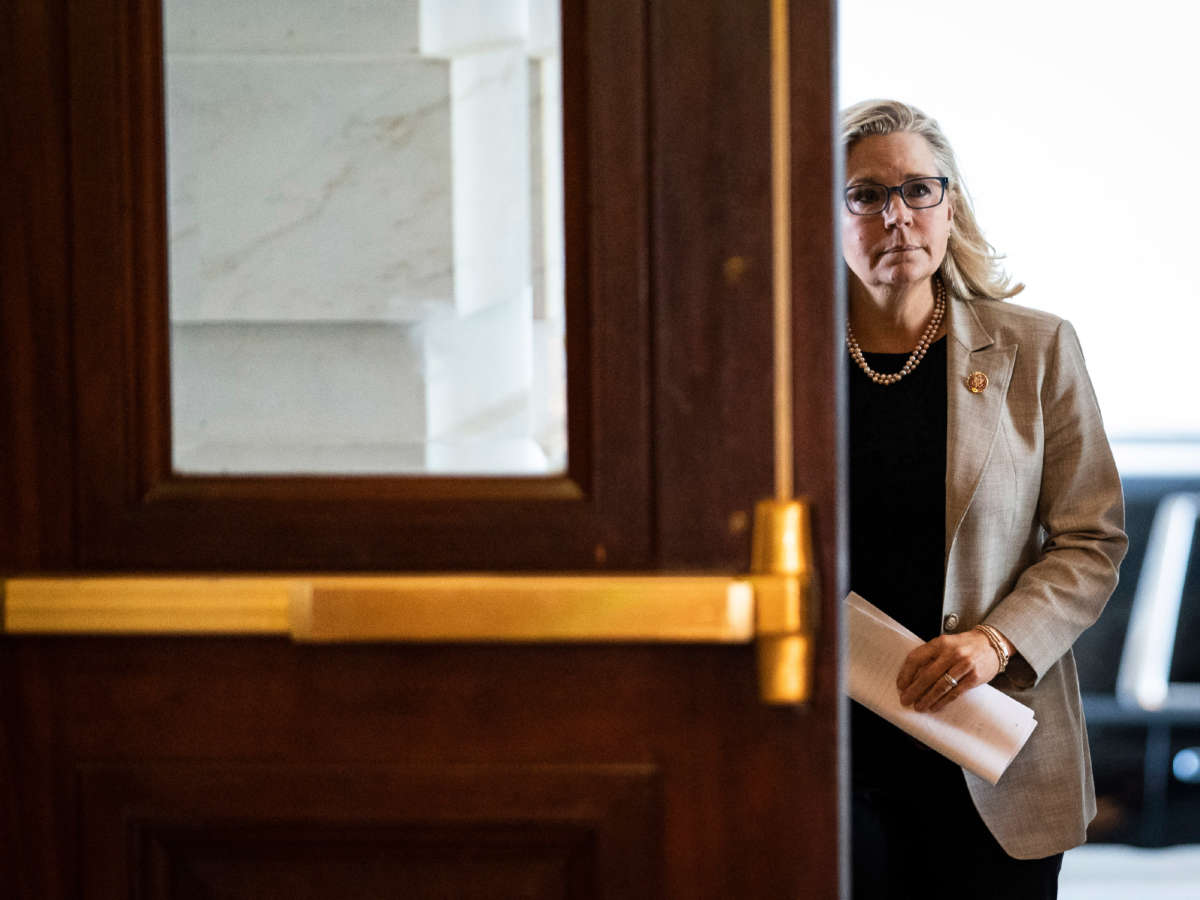Following Rep. Liz Cheney’s (R) defeat on Tuesday to Trump-backed Harriet Hageman in the Wyoming statewide primary, Cheney has said that she is considering running for president — but pundits have warned that the Republican National Committee (RNC) may try to prevent such a run out of loyalty to former President Donald Trump.
Cheney expressed interest in a presidential run on NBC’s “Today Show” the morning after her loss to Hageman.
“It is something that I am thinking about, and I’ll make a decision in the coming months,” she said.
A presidential run may be a fruitless endeavor for the Wyoming congresswoman, given the widespread support for Trump among RNC leaders and the party’s base. But Cheney’s campaign could still serve the purpose of ensuring that Trump fares poorly in the primary races.
“Any Cheney can read political tea leaves,” wrote John T. Bennett, editor-at-large for CQ Roll Call. “So her potential bid would not be about accepting the party’s nomination in Milwaukee in the summer of 2024.”
In the same article, Democratic strategist Brad Bannon theorized that Cheney’s true aim would be convincing enough Republican voters that Trump is “a mockery of conservative devotion to the sanctity of the Constitution with his attempt to subvert the outcome of the 2020 election.” Ultimately, Cheney’s goal would likely be to prevent Trump from winning the presidency again.
Should Cheney choose to launch a campaign, she could easily fundraise millions of dollars and garner widespread media attention. But there are some obstacles that remain — mostly from within her own party.
RNC officials may try to prevent Cheney from appearing on state ballots during the primaries, an action they can legally take to prevent her from racking up delegate totals that would undermine Trump at the party’s nominating convention. The RNC could also try to block Cheney from participating in debates.
“The general feeling among Republicans I spoke with this week is that the RNC would go to almost absurd lengths to avoid allowing Cheney to appear on the same debate stage as Trump,” Ronald Brownstein wrote for The Atlantic.
The RNC could also force every candidate to sign a loyalty oath to back the party’s eventual nominee, an action that Cheney would undoubtedly oppose. (Trump signed a similar oath in 2016, but later abandoned his pledge.)
If the RNC were to go to such extraordinary lengths to prevent a Cheney presidential run, it would further showcase the party’s embrace of Trumpism and anti-democratic ideology, which has only increased after Trump’s illegal attempts to overturn the results of the 2020 presidential election. These attempts have been publicly highlighted by the January 6 committee, of which Cheney is vice chair.
The RNC’s devotion to Trump appears to strengthen whenever more evidence of his wrongdoings is released. Last week, the party rallied behind the former president after the FBI executed a search warrant to obtain documents that Trump illegally removed from the White House after leaving office; the warrant appeared to be part of an Espionage Act investigation.


